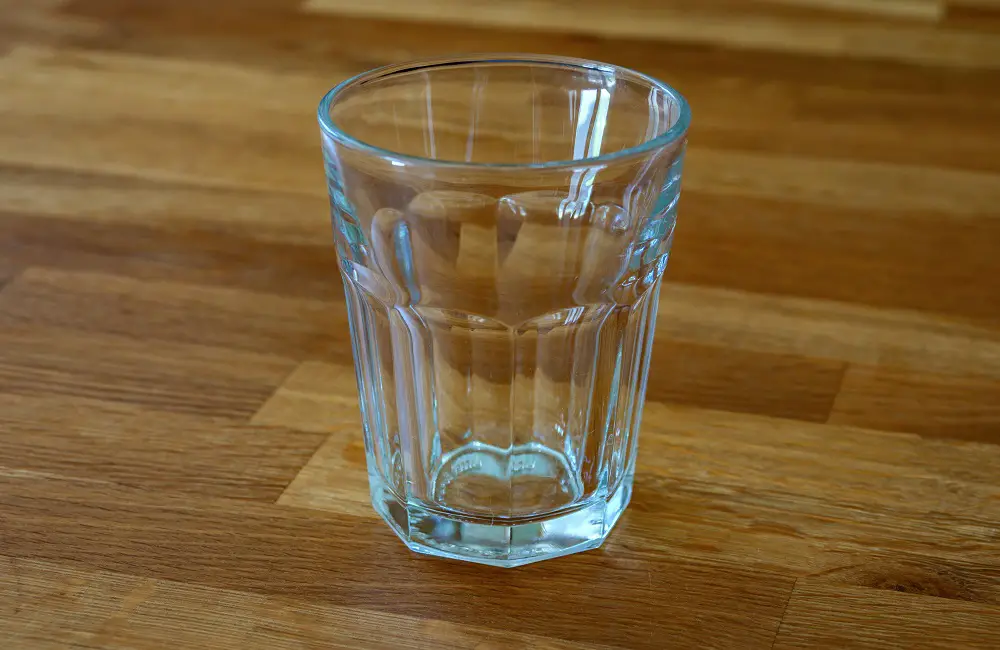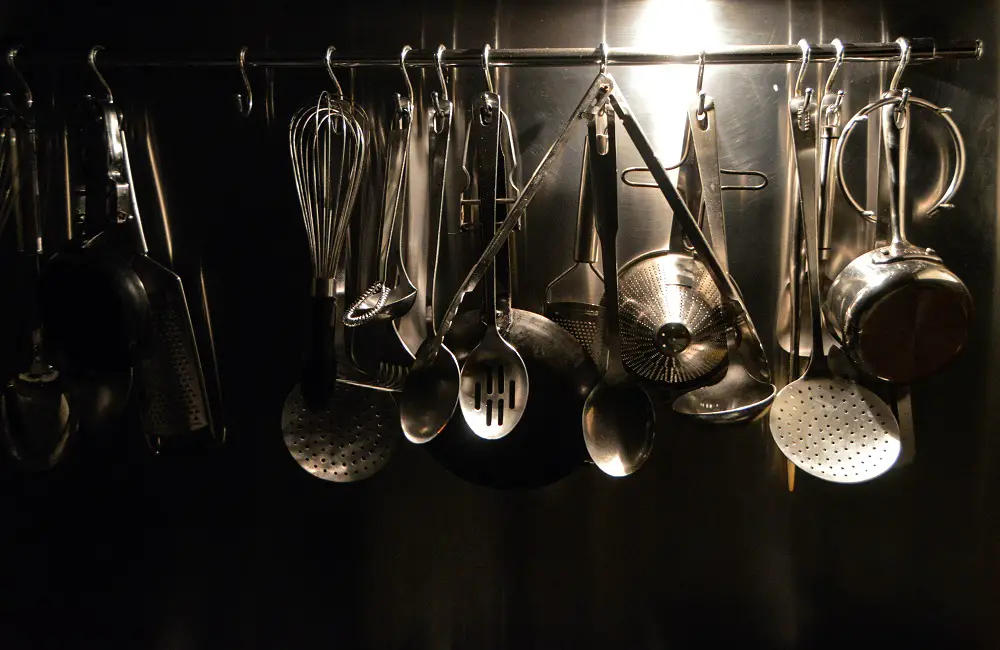How To Clean Drinking Glass? 5 Easy Ways!
Are your drinking glasses looking cloudy, dirty, and stained even after a wash cycle? Don’t worry; many people worldwide are struggling with cleaning their drinking glasses effectively. Often, it’s not easy to spot the residue on glasses until they are dry. Your drinking glass is one of the essential kitchen utensils that needs to be cleaned! Fortunately, there are different cleaning methods that you can use to make your glasses shiny and crystal-clear again. Here are some effective ways of getting rid of stains, grime, and cloudy buildup on your drinking glasses. This Is How To Clean Your Drinking Glasses Below are the 5 tips that you can use to clean your drinking glasses properly. Method 1: Vinegar and Baking Soda First, create a paste using water and baking soda. The quantity of baking soda should be a quarter of a cup for each glass. Stir it well to maintain an even consistency. Gently rub a cloth on the glass with the mixture. Afterwards, you can dip the glass in a small bucket containing warm water with mixed vinegar. Allow the glass to soak for about five minutes, then wash it with soap and warm water. Finally, rinse it off, and dry it with a clean towel. Method 2: Lemon Juice and Salt Cut a lemon in half, and pour some salt on the cut part. Then, rub the cut lemon on the glass surface in a circular motion. Squeeze the lemon generates enough juice to mix with salt and create a strong cleaning agent. Ensure that you apply gentle pressure as you rub the lemon and salt mixture onto the glass surface. Rinse the glass with hot water to wash away the grime and lemon juice, and wipe it dry using a clean towel. Method 3: Dish Soap and Warm Water This approach is the simplest. Start by squeezing a few drops of dish soap into the glass and then add some warm water. Soak for about five minutes and scrub the areas with a nylon or soft-bristled brush. Rinse thoroughly with hot water and let dry. Method 4: Bleach and Vinegar Add a tablespoon of bleach to a half-gallon of warm water and mix well. Soak the glasses in the mixture for a couple of minutes. Next, empty the water and pour a mixture of vinegar and hot water; let the glasses soak for about five minutes. Rinse with hot water and dry the glasses with a soft towel. Method 5: Salt and vinegars Mix equal parts water and vinegar in a bowl. Afterward, wipe the glass rim with vinegar. Dip the rimmed glass into the mixture and rub the exterior using a sock or cloth dampened in the solution. The salt vinegar solution will dissolve the buildup, leaving the glass crystal clear and free of residue. Do I Need To Wash A Glass After Drinking Water? Some people argue that you don’t need to wash a glass after drinking water because water doesn’t contain any harmful bacteria or germs that require washing the glass. While it’s true that water is generally considered safe to drink, it’s still essential to remember that bacteria and germs can grow in unclean environments. Therefore, it’s always a good idea to wash your glass before and after drinking water to ensure that it’s clean and free of any potential contaminants. Moreover, washing your glass after each use also helps prevent a buildup of mineral deposits, which can make your glass look cloudy and unpleasant. If you’re using tap water that contains a high mineral content, such as calcium and magnesium, mineral deposits can build up quickly on the sides of your glass, leading to stains and discoloration. Regularly washing your glass will help prevent this problem and ensure that your glass always looks and smells fresh. Another reason to wash your glass after drinking water is that it helps maintain good hygiene habits. Cleaning your glass is a vital part of maintaining good hygiene, and it’s crucial to form these habits from a young age. Teaching children to wash their glasses after they’ve finished their drink helps them develop good hygiene practices that will carry them throughout their lives. Plus, cleaning your glass after use prevents the spread of germs to other people who may use that glass, which is especially important during cold and flu season. If you’re still debating whether or not to wash your glass after drinking water, consider this: Drinking water is an essential part of your daily routine, and it’s essential to ensure that the glass you use to drink it is clean and hygienic. Not washing your glass after use can lead to nasty bacteria growth and an unchecked buildup of mineral deposits, which can have negative health effects in the long run. Moreover, washing your glass after use will help set good hygiene habits and prevent the spread of germs to others, which is crucial both during cold and flu season and throughout the year. Can You Clean Drinking Glasses With Bleach? Bleach is a powerful chemical compound that is used in various cleaning products. It is a popular disinfectant and stain remover due to its high pH level, which breaks down and removes tough stains. Nevertheless, using bleach to clean your drinking glasses has its pros and cons. The benefits of using bleach are apparent- it can kill bacteria and viruses that may be present in your glasses, leaving them hygienically clean. However, bleach is also highly corrosive and can cause damage to glass surfaces over time. While it may not be immediately visible, repeated use of bleach on glassware can cause cloudiness and weaken the glass’s structure, leading to breakage. So, can you clean drinking glasses with bleach? The answer is yes, but with caution. To avoid damage to your glasses, you should dilute the bleach solution by mixing a teaspoon of bleach with a gallon of water. Soak your glasses in the solution for a maximum of 5 minutes, and then rinse
How To Clean Drinking Glass? 5 Easy Ways! Read More »





